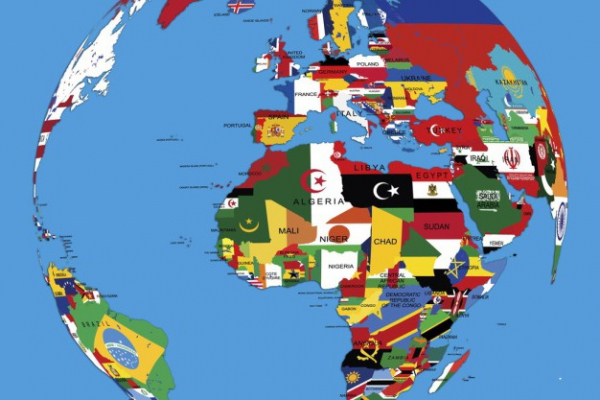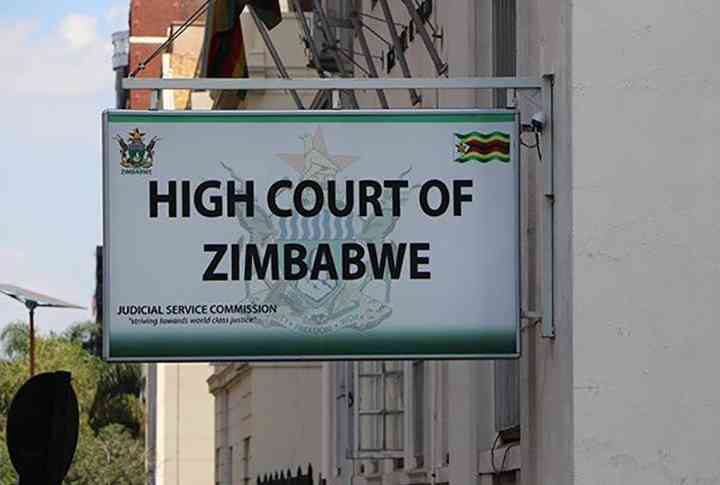
GOVERNMENT could treble Diaspora remittances, currently exceeding $1 billion per annum, if proper structures and incentives were put in place, Diaspora Investment Development Group (DIDG) executive chairman, Donovan Chimhandamba has said.
BY MTHANDAZO NYONI
Speaking at the commissioning of the railway equipment leased by National Railways of Zimbabwe (NRZ) from Transnet on Wednesday, Chimhandamba said Diaspora remittances were too significant an amount to be ignored.
“This is the beginning and we believe we are now on a credible path to mobilise for structured Diaspora investments. Diaspora remittances through the formal channels are estimated to be $1 billion while remittances through the informal channels exceed $3 billion,” he said.
“The Diaspora remittances are too significant to be ignored and could be trebled if proper structures and incentives are put in place.”
The Reserve Bank of Zimbabwe (RBZ) last year increased the Diaspora Remittance Incentive Scheme to 10% from 3% in a bid to increase inflows.
In 2017, inward international remittances amounted to $1,4 billion compared to $1,6 billion received in 2016 representing an 11% decrease, according to RBZ governor John Mangudya.
Of the $1,4 billion, Diaspora remittances amounted to $698,9 million. Mangudya said the bank was encouraged by the trend, where authorised dealers are investing in enabling technologies that broaden financial inclusion, reduce remittances cost and increase remittance access points for the convenience of senders and recipients.
- Chamisa under fire over US$120K donation
- Mavhunga puts DeMbare into Chibuku quarterfinals
- Pension funds bet on Cabora Bassa oilfields
- Councils defy govt fire tender directive
Keep Reading
“These efforts towards formalisation of remittances are key in building sufficient capacity for leveraging on the developmental impact of remittances,” he said.
Chimhandamba said they had set up and structured DIDG in a manner that would allow Diasporans around the world to participate in Zimbabwe’s infrastructure investments programmes.
“We are in the process of assessing various investment structures including listed collective investment schemes and Diaspora bonds. Once we have launched these instruments we believe we can easily mobilise project based investments from tranches of up to $200 million unleveraged capital per project,” he said.
“Another key thing DIDG will be driving is setting up structures that will allow Diaspora to repatriate their skills back to Zimbabwe. We have many in Diaspora who have gained skills and experience that Zimbabwe can use at this point in time.”
“As DIDG, we have now set up a technical service consulting division called Diaspora Consult, which will facilitate for the accretion of various Diaspora skills. This will assist driving a brain gain for Zimbabwe and provide technical support to DIDG led projects.”
DIDG, which won the $400 million NRZ recapitalisation tender jointly with the Africa’s largest rail company Transnet, handed over the first set of rolling stock to NRZ under an interim solution arrangement on Wednesday.
President Emmerson Mnangagwa on Wednesday commissioned seven locomotives, 158 wagons, five passenger coaches, a kitchen unit and a power coach.











